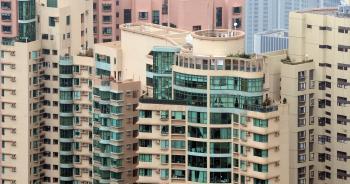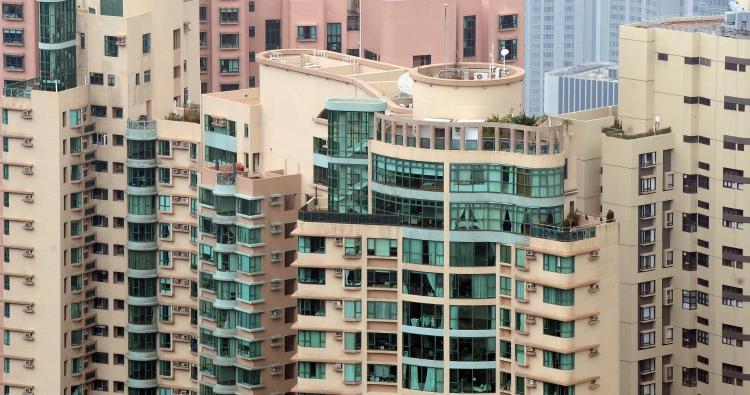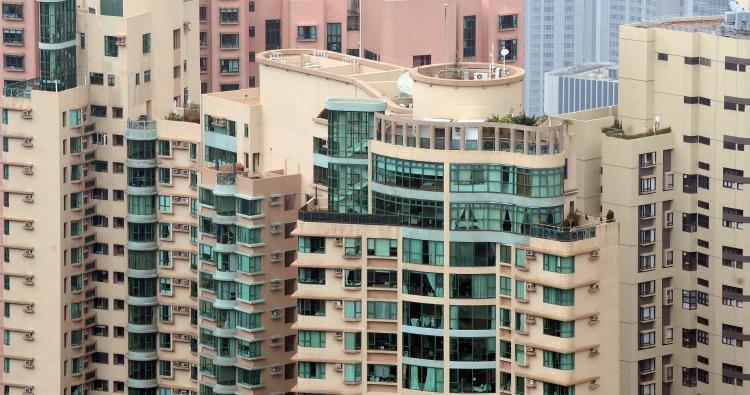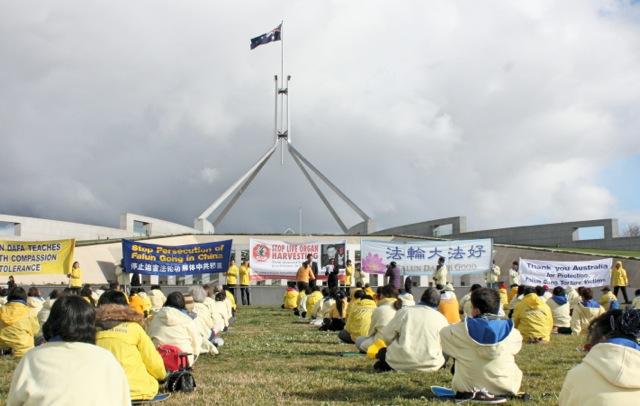According to the agency’s latest report the value of transactions for properties valued at $HK10 million (US$1.3 million) or more totaled HK$196.67 billion ($25.3 billion) last year.
The staggering growth has surpassed the 1997 property boom, which followed the government’s introduction of electronic transactions of property data the year before.
The 1997 value of transactions totaled HK$173.8 billion, according to Dow Jones Newswire information.
The number of luxury apartment transactions in 2010 rose 33 percent to 8,642 and was the highest number since 1997, when 9,532 transactions were recorded, the report said.
Hong Kong is facing a property crisis, as prices continue to surge in a market where availability cannot satisfy the demand. Thousands are finding it increasingly difficult to own an apartment, with many living in squalid conditions, cramped into shoebox cages.
Analysts believe the driving force of the price hike is the growing demand from the mainland China buyers, who are attracted by Hong Kong’s free-market economy and relative political freedoms.
75,000 Units Over Five Years
Meanwhile, the Hong Kong government has pledged to build nearly 75,000 units for low-income earners, as the metropolis continues its efforts to solve the housing bubble.
While speaking at the Legislative Council housing panel meeting last week, the Secretary for Transport and Housing Eva Cheng said the initiative to house families will take place over the next five years and will bring the waiting periods on target.
“If we can build about 15,000 units a year and gain back 15,000 flats [from occupants who are moving out], we can achieve the [waiting-time] target of around three years,” said Chen, reports the South China Morning Post.
The housing bureau forecast that about 74,600 of the public rental apartments would be built by 2015. This includes the completion of about 13,800 flats this year and 11,200 flats next year, reports South China Morning Post.
Currently one-tenth of the units are allocated to single people under the age of 60. This, said Cheng, has brought extra pressure on housing the applicants, as more properties are required to house singles, rather than families.
There were about 137,000 applications on the waiting list for public rental apartments at the end of September, government statistics released last month showed.
Of these, over 41 per cent, or 57,000 applications, were filed by single people under 60, compared with 75,000 family applications and 5,000 elderly one-person applications.
The bureau also said there were about 5,600 households classed as underoccupied. Under government regulations if the living area per person exceeds 323 square feet, the dwelling is considered too big and the occupants are required to move to smaller units.





